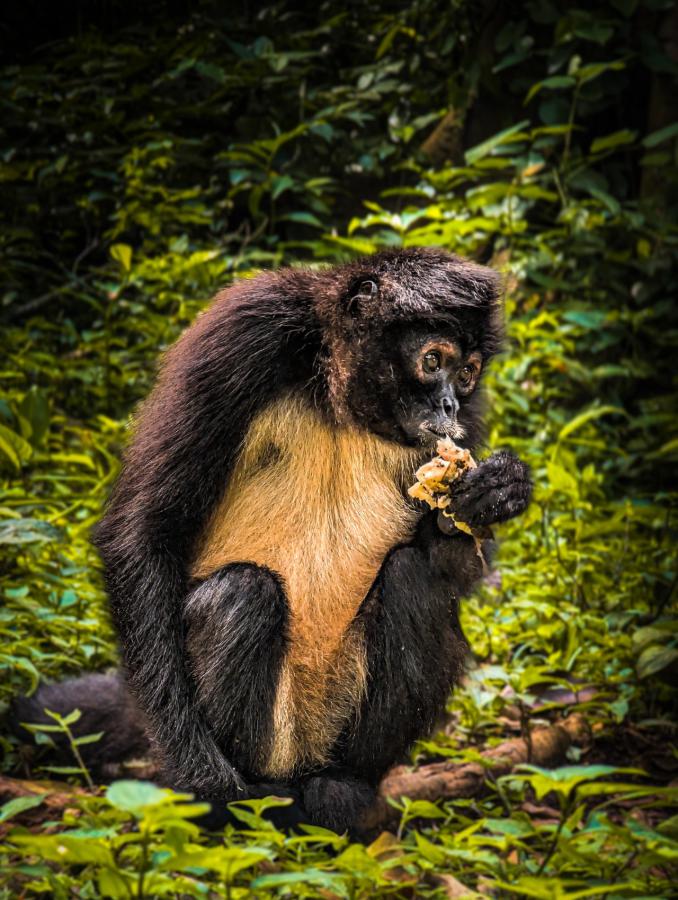Zaira Lizbeth Esparza Rodríguez
Other projects
28 Jul 2020
Current Diagnosis of Primates Trade in Mexico: A Contemporary Problem that Remains
In the communities where Mexican primates are distributed, data will be collected through semi-structured interviews to understand the history, perceptions, and practices related to primates. Understanding this context can help identify the roots of wildlife trafficking and how it has evolved in response to socioeconomic and environmental changes, and how this shapes a site's risk level for capture. This understanding is crucial for designing subsequent interventions that are culturally sensitive and effective.

Ateles geoffroyi. ©Rodrigo Alto-Cuate.
Our intervention will be based on the "traveling festivals" we have developed previously (Ramos-Luna et al., 2024), where through talks, workshops, and activities, we disseminate the importance of monkeys. In this case, the interventions will include workshops, games, and murals, as well as a theatrical act that integrates urban music, where a puppet monkey uses its voice to raise awareness about the importance of primates and their trafficking. These interventions help establish agreements and commitments with local communities for species and habitat conservation, involving community leaders and local educators, enriching the multidisciplinary approach to conservation by integrating art.
Header: A. palliata. ©Ricardo Ortíz Zárate.